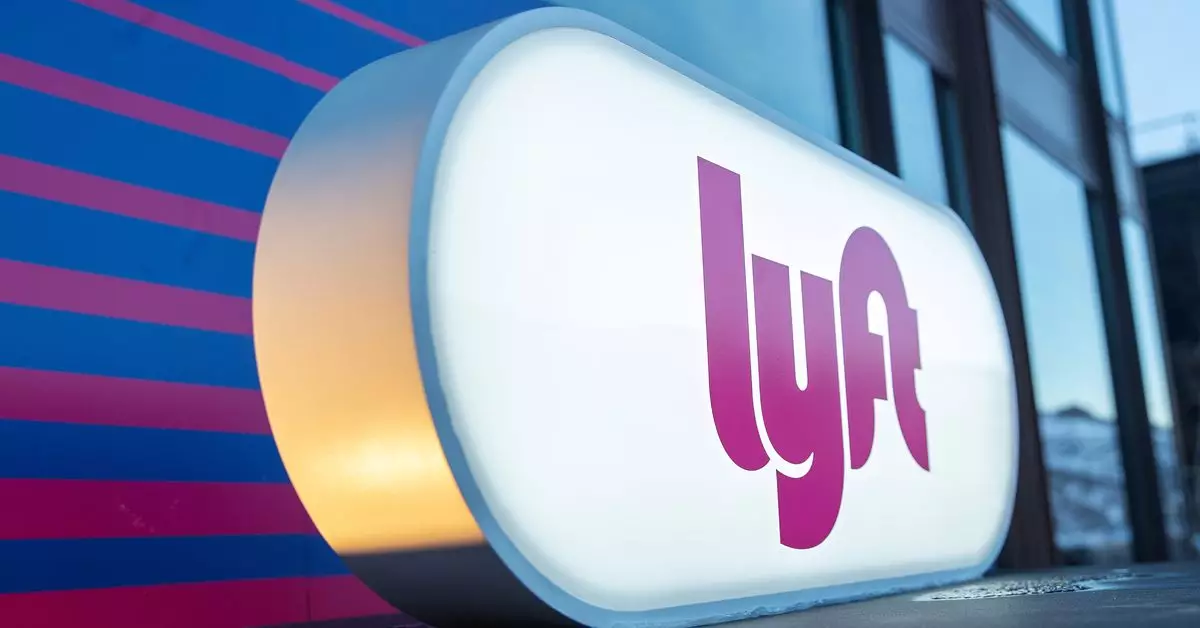The landscape of gig economy companies has come under rigorous scrutiny, particularly with regard to their advertising practices. In a significant move, the Federal Trade Commission (FTC) recently announced that Lyft, the prominent rideshare service, has agreed to a financial settlement amounting to $2.1 million. This development highlights the need for transparency in how these platforms communicate potential earnings to their drivers, who often depend on these earnings for their livelihood.
The heart of the controversy lies within Lyft’s past advertising strategies that exaggerated potential driver earnings. For instance, the company promoted earnings claims that indicated drivers could make “up to $33 per hour” in cities like Atlanta. However, these projections were misleading, as they did not reflect the overall earnings landscape. Instead, they were derived from the earnings of the highest-earning quintile of drivers, skewing the perception of what the average driver could realistically expect.
Moreover, Lyft included tips in its earnings announcements, which the FTC argues led to a further distortion of data. Such practices inflated reported earnings by as much as 30%, giving drivers an unrealistic expectation of their potential income. The FTC’s ruling emphasizes that these advertisements did not communicate what most drivers earn, thereby misleading those seeking employment with the platform.
New Regulations for Fair Communication
As part of the settlement, Lyft is mandated to revise its advertising practices to reflect more accurately the earnings derived from drivers’ standard fares—without including tips in the calculations. This is designed not only to protect drivers from misleading claims but also to ensure that they receive a fair portrayal of their earning potential when considering employment through the platform.
FTC Chair Lina M. Khan highlighted the importance of this move, stating, “It is illegal to lure workers with misleading claims about how much they will earn on the job.” The FTC’s commitment to enforcing fair practices underscores the ongoing trend of regulatory bodies keen on holding gig companies accountable for their representation of earnings.
In addition to misleading hourly wage claims, Lyft’s promotional offers concerning guaranteed earnings have also faced scrutiny. The company’s advertisements often boasted compensation guarantees, such as earning $975 for completing 45 rides over a weekend. However, these guarantees were misleading as they implied that this sum was an additional bonus. In reality, it was a minimum pay condition tied solely to the completion of a stipulated number of rides.
Now, Lyft is required to be transparent about such offers, clarifying that they are contingent upon specific terms and are not bonuses on top of standard earnings. This shift is essential in cultivating a clear understanding of how their payment structures operate, which can guide drivers in making informed decisions.
The Bigger Picture: Industry-Wide Impact
This settlement with the FTC is part of a broader effort to regulate gig economy companies, which have been under increasing scrutiny for various unfair and deceptive practices over the past few years. The FTC is taking action not only against Lyft but has indicated that other companies in this space, such as Uber, may also face similar investigations. States like Massachusetts have enacted laws mandating minimum wage guarantees for rideshare drivers, reflecting a growing recognition of the need to protect gig workers.
In cities like New York, where similar laws are in place, rideshare companies have faced criticism for limiting drivers’ potential earnings through technical lockouts from their apps, a tactic that has sparked debates about fairness and worker rights within the gig economy.
As Lyft moves forward from this settlement, it faces the challenge of rebuilding trust with its drivers while adhering to the new regulations imposed by the FTC. The company’s commitment to follow best practices in communication is crucial in paving the way for a more transparent and equitable gig economy. As the industry continues to evolve, the ramifications of this settlement could serve as a blueprint for how other gig economy platforms structure their advertising and earnings information, ultimately benefiting the workers who are essential to their operations.

